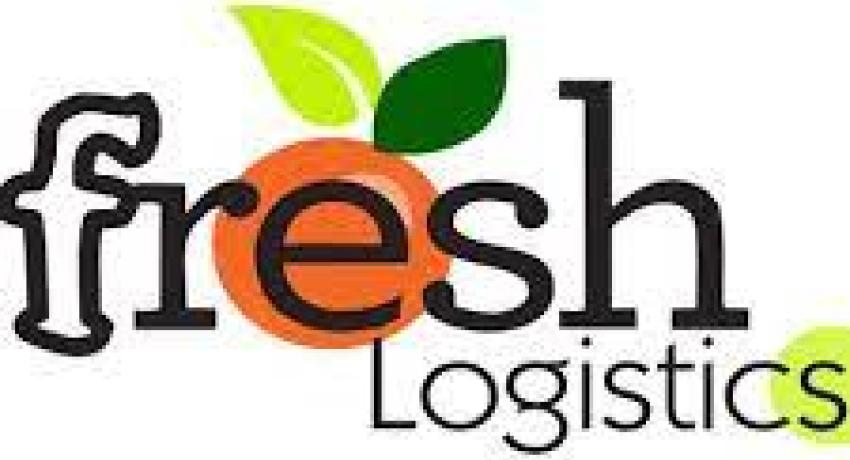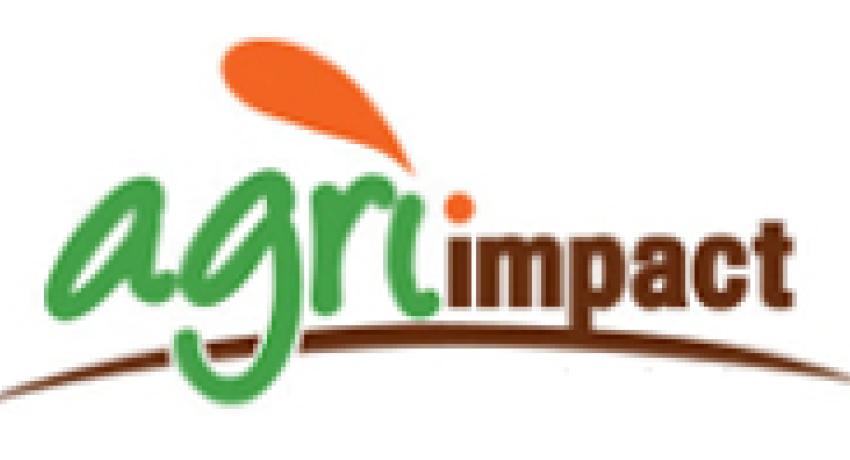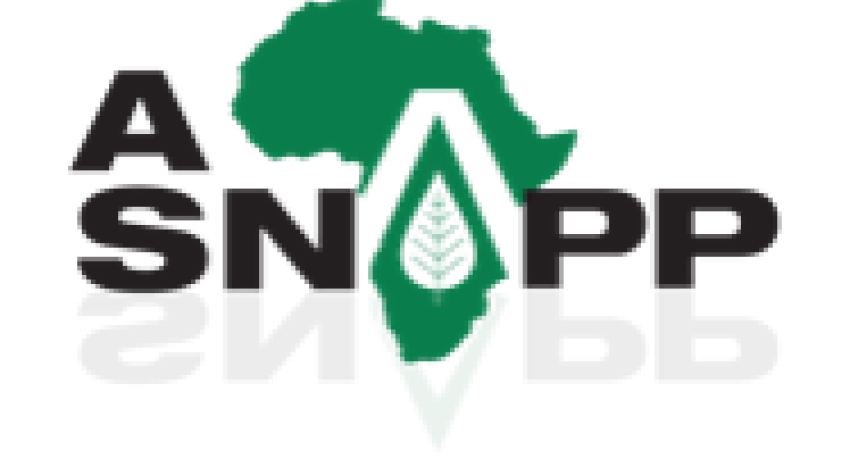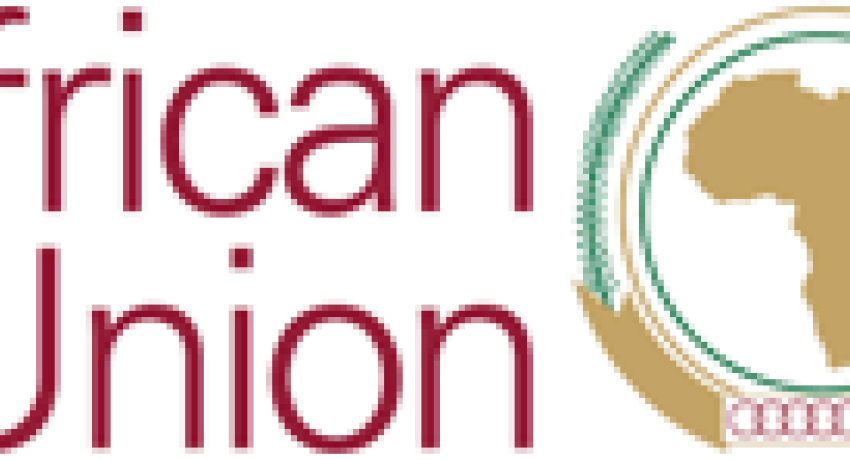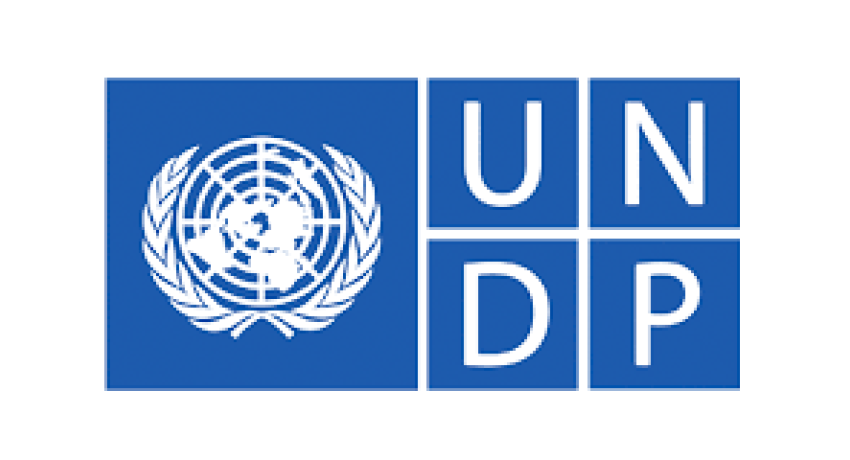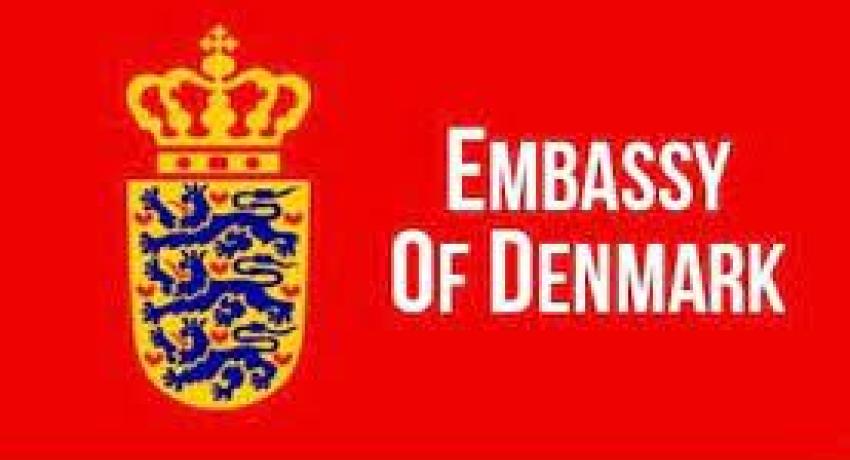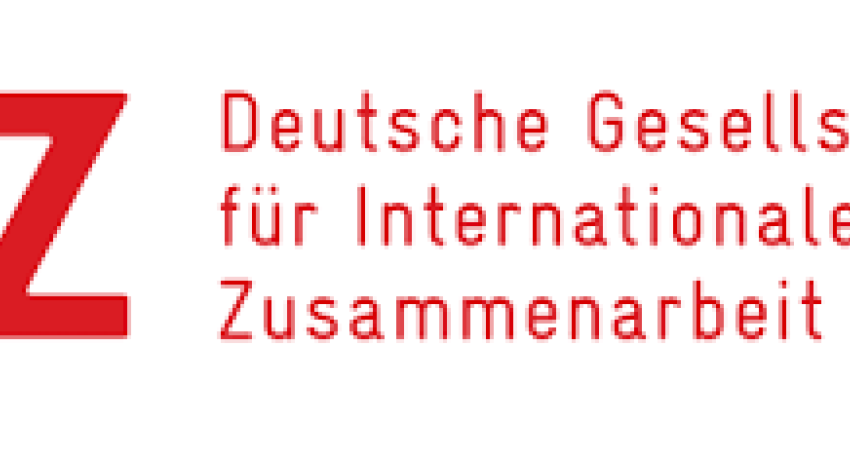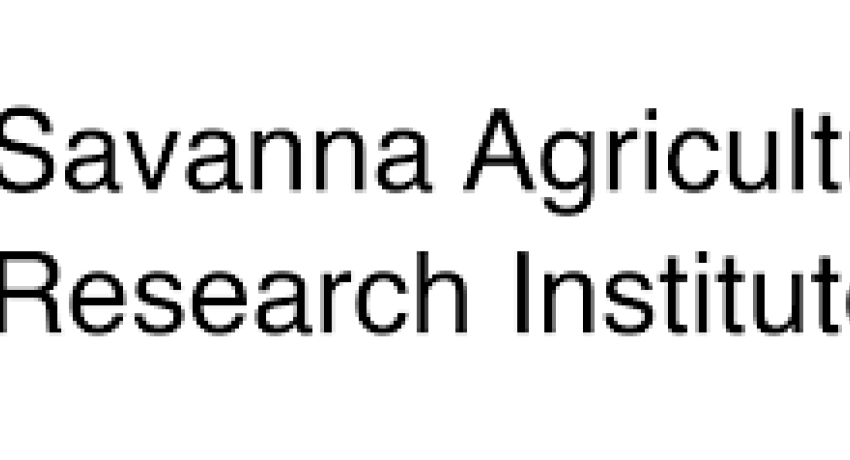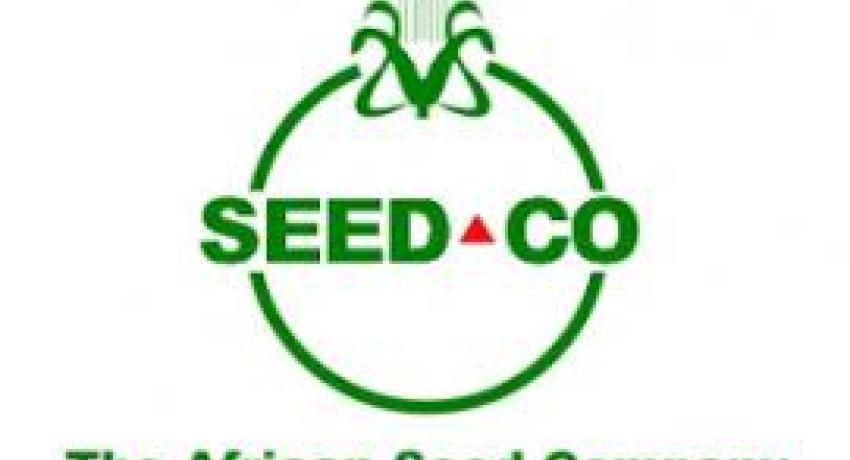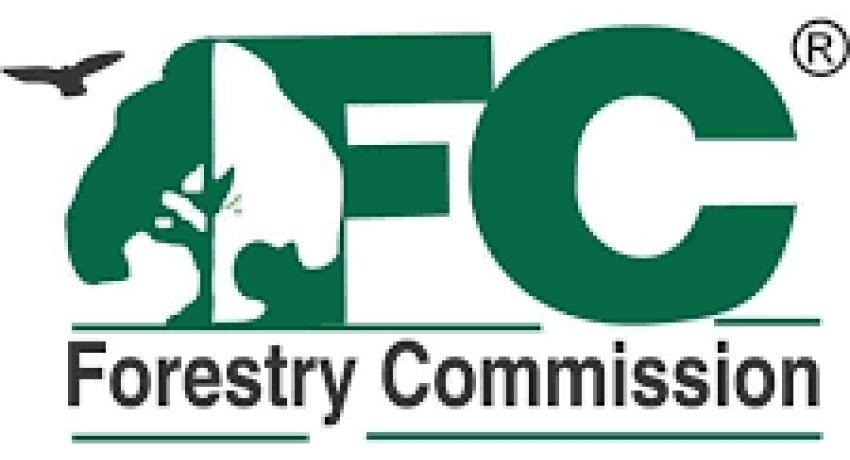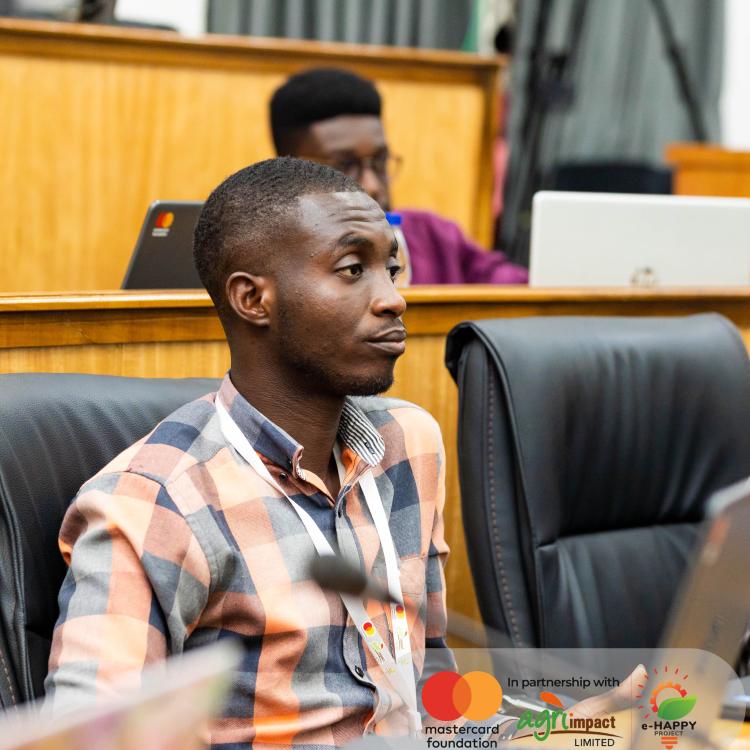The 90s and Early 2000s
Agribusiness in Sustainable African Plant Products (ASNAPP) is an agribusiness firm that started as a USAID funded project in 1997 operating in five countries namely South Africa, Ghana, Zambia, Senegal and Rwanda. To ensure sustainability of the project, ASNAPP was institutionalized and registered as an NGO in 2001. ASNAPP was focused on developing successful African agribusinesses in the natural plant products sector, providing income, employment and development, through environmentally and socially conscious sustainable production of high quality, healthful natural products for local, regional and overseas markets. It promoted African plant products mainly herbal teas, natural sweeteners, medicinal, essential oils, natural butters among across Africa onto the international market.
ASNAPP operational model was market first, science-based and strategic partnership. Rutgers, the State University of New Jersey was the anchor research partner, conducting scientific analysis of the plants, developing quality assurance protocols and providing scientific information to facilitate international market access. Stellenbosch University, South Africa was the host to ASNAPP, provided office space, administrative support and University infrastructure for research and commercialisation of research findings. ASNAPP was one of the vehicles of the University used for its outreach programmes, and it was the first institution to initiate cultivation of Rooibos and Honeybush teas by smallholder farmers in SA. In Ghana, TechnoServe, KNUST and BioResources International were the anchor partners for ASNAPP. This partnership led to ethnobotanical studies of selected medicinal plants, the establishment of Genebank at KNUST and the cultivation of Cryptolepis by smallholder farmers to supply the Centre for Scientific Research into Plant Medicine-Mampong. It also led to the maiden processing of kombo butter by women group to be exported to US and South Africa for the cosmetic and horse feed industry. ASNAPP Ghana again piloted the processing of Lippia, a herbal teas and indigenous spices (Grains of paradise of Xylopia); processing and export of miracle berries to the US, domestication and cultivation of Artemisia annua for production of artesunate, initiated the formation and nurturing of Botanical Traders Association of Ghana (BOTPAG). The project promoted Africa natural plant products in major US Natural Products Expos and facilitated export of medicinal plants to increase from $3million to $25million in 4 years.
In Rwanda ASNAPP collaborated with Catholic Relief Services to commence commercialization of essential oils by widows which later led to the formation and establishment of Ikirezi Natural Products as a social enterprise. With the support in quality assurance and scientific analysis from Cheik Anta Diop University of Dakar and Rutgers University in the USA, ASNAPP Senegal formed and supported over 3,000 women to produce and market Hibiscus (Bissap) and Kinkeliba tea including introducing them to the US market.
ASNAPP Zambia commenced with Greenhouse production by People With Disability (PWD) mostly blind people in Livingston to produce and supply high quality vegetables for Zambezi Sun International Hotel and later commercialized cultivation of Moringa, Bird’s eye chilies and Mushrooms by women groups with support from University of Zambia.
Within the period, ASNAPP as a USAID-funded project implemented Partnership for Food Industry Development (PFID) project led by Michigan State University (MSU) and other projects in collaboration with Alcon State University, Southern State University, University of Mississippi, Jackson; University of Maryland, University of Florida, North Carolina State University
Mid to late 2000s
As part of sustainability strategy for the USAID-funded project, ASNAPP institutionalized its operations and established itself as NGO in all its countries of operations. In Ghana, ASNAPP started introduction of greenhouse production and extended its services to Liberia, opened an office and registered itself as an international NGO in the country. ASNAPP Liberia with support from Ghana implemented the People, Rules and Organizations Supporting the Protection of Ecosystem Resources (PROSPER) project, Land Rights and Community Forestry Program (LRCFP) for ARD, ICCO funded Alternative Livelihood Project and for the first time facilitated export of medicinal plants from Liberia directly to Europe. Realizing global changes to food security, private sector partnership and seemingly dwindling donor support, Agri-Impact Ventures was formed in 2003 to serve as a private sector partner and a sister company to ASNAPP to support commercialization and generation of sustainable resources. Agri-Impact Ventures commenced export for medicinal plants to Europe, US, China and India.
Present day In 2012
Agri-Impact Ventures was upgraded from a sole proprietorship to a limited liability company known as Agri-Impact Limited to enable it to undertake diverse and commercial projects. Its arm, Agri-Impact Consult led most of consulting activities of the company with national and international organizations. In effort to expand its operations and respond to emerging opportunities especially in greenhouse production, Agri-Impact led to the formation of another sister company, Fresh Logistics (FL) in 2014 responsible to trade and supply quality vegetables to supermarkets and corner shops.
To build the expertise of youth in Ghana in Agripreneurship and greenhouse production, Agri-Impact secured support from Skills Development Fund (SDF), a World Bank and DANIDA funded project and established Agri-Impact Entrepreneurship and Technology Institute (AETI) at Berekuso in the Eastern Region in 2014 to provide holistic training and skills development through continual agricultural innovation in research, creativity, and entrepreneurship. Agri-Impact Entrepreneurship and Technology Institute is one of Ghana’s finest agriculture institutions with a rich experience in agricultural advisory services, agribusiness project development and the provision of support to agriculture and agri-business related field. AETI currently offers globally recognized Agribusiness courses to all persons across the globe. Over the last 6 years, AETI has trained 800 students to develop their expertise in Greenhouse technology, Agri-business Incubation, Enterprise Development and Business Management.
Responding to global food security issues and youth employment concerns, ASNAPP Ghana entered into mainstream food crops value chain, supporting farmer mobilization and technical training, market facilitation. Leveraging on its earlier operating models of market first, science-based and partnerships, it has mastered in building strong consortium for project implementation and has successfully used this approach to implement projects in Maize, Soya, Cassava and Vegetables to impact on over 200,000 smallholder farmers, 40 aggregators, 10 agro-processing firms and 5 research institutions. ASNAPP continues to offer these services, implementing donor, public and private-sector funded projects.
In 2015, Entrepreneurship for Commercial Seed Incubation Business (ECOSIB) was also established to focus on building the technical and managerial capacities of seed companies in Ghana and create a cadre of young seed value chain entrepreneurs. Today, Agri-Impact has become a business development firm with a rich experience in agricultural and agro-industrial advisory services, offering unparalleled agribusiness solutions to agricultural challenges in Sub Sahara Africa. AIC’s areas of expertise include but not limited to; Agricultural Project Development (Inclusive Business and Financing Models) & Agribusiness Management, Trade Facilitation and Market Linkages, Development of Agribusiness Investments, Value Chain Training, Mentoring Young Professionals and Developing Youth Enterprises.
In 2022, the Agri-Impact Group was established to coordinate the work of the sister companies: ASNAPP, Agri-Impact Consult, Fresh Logistics, ECOSIB, West Africa Greenhouse and AETI.

